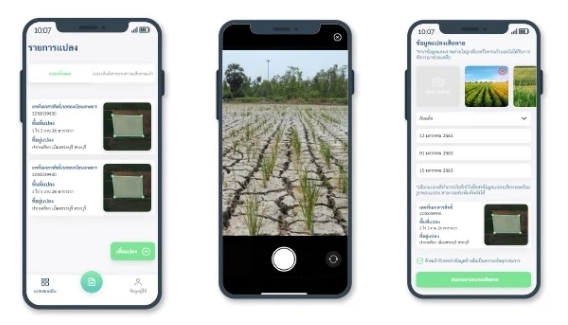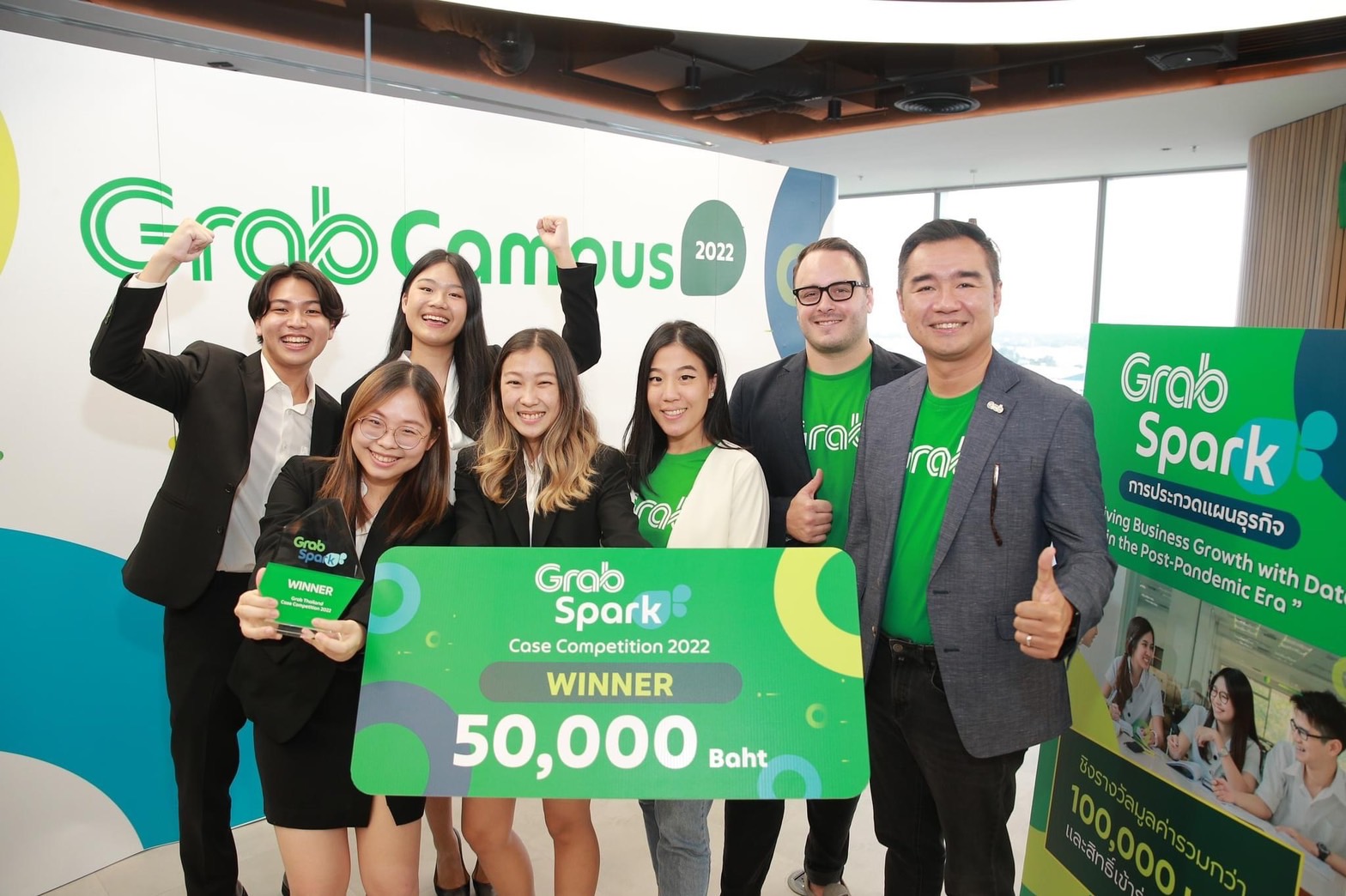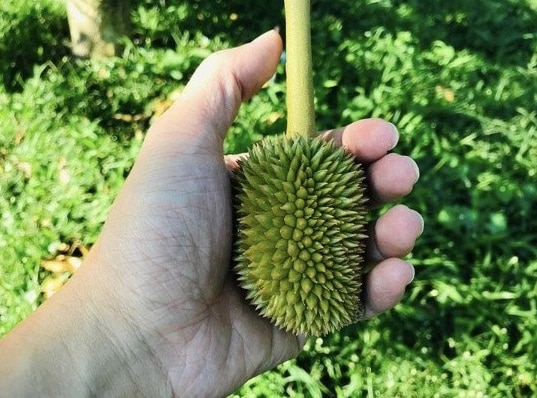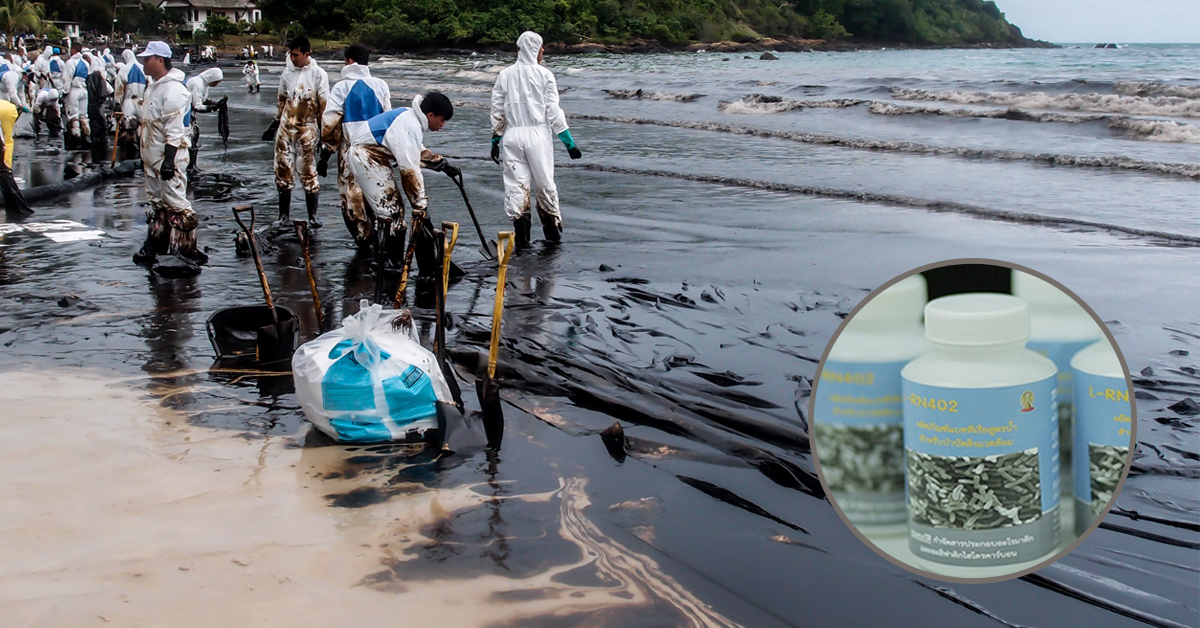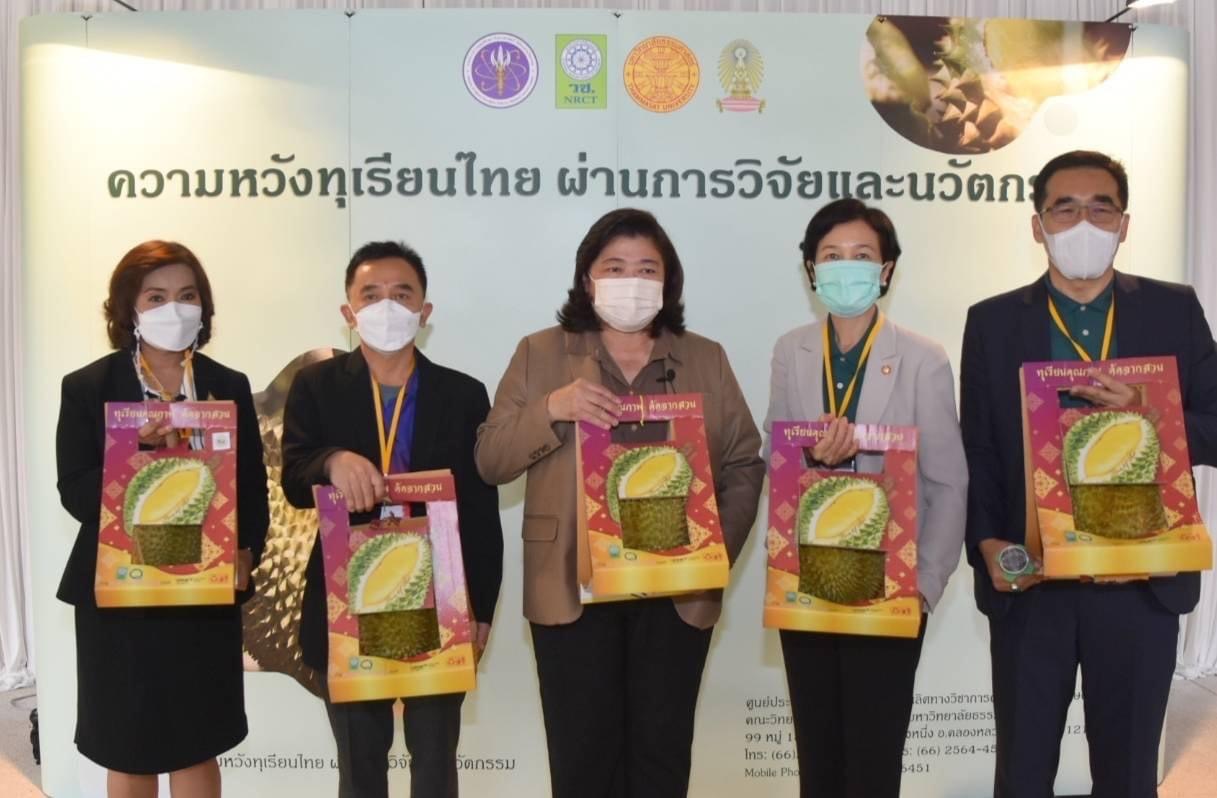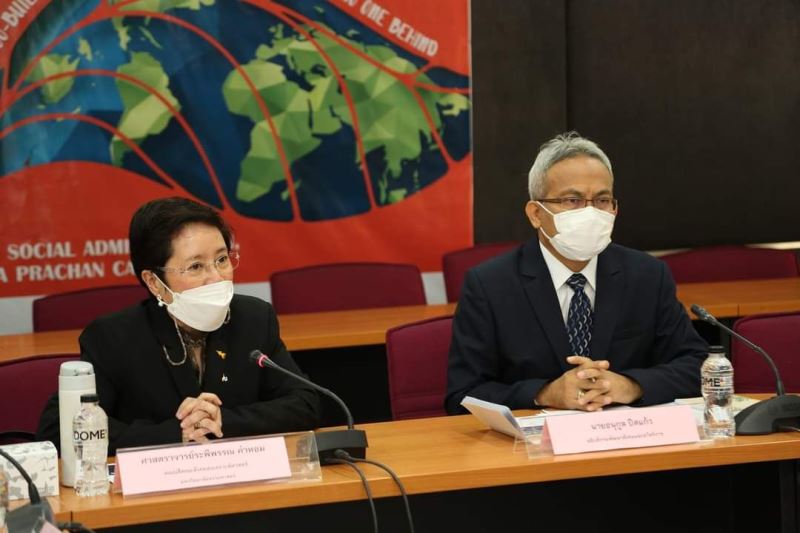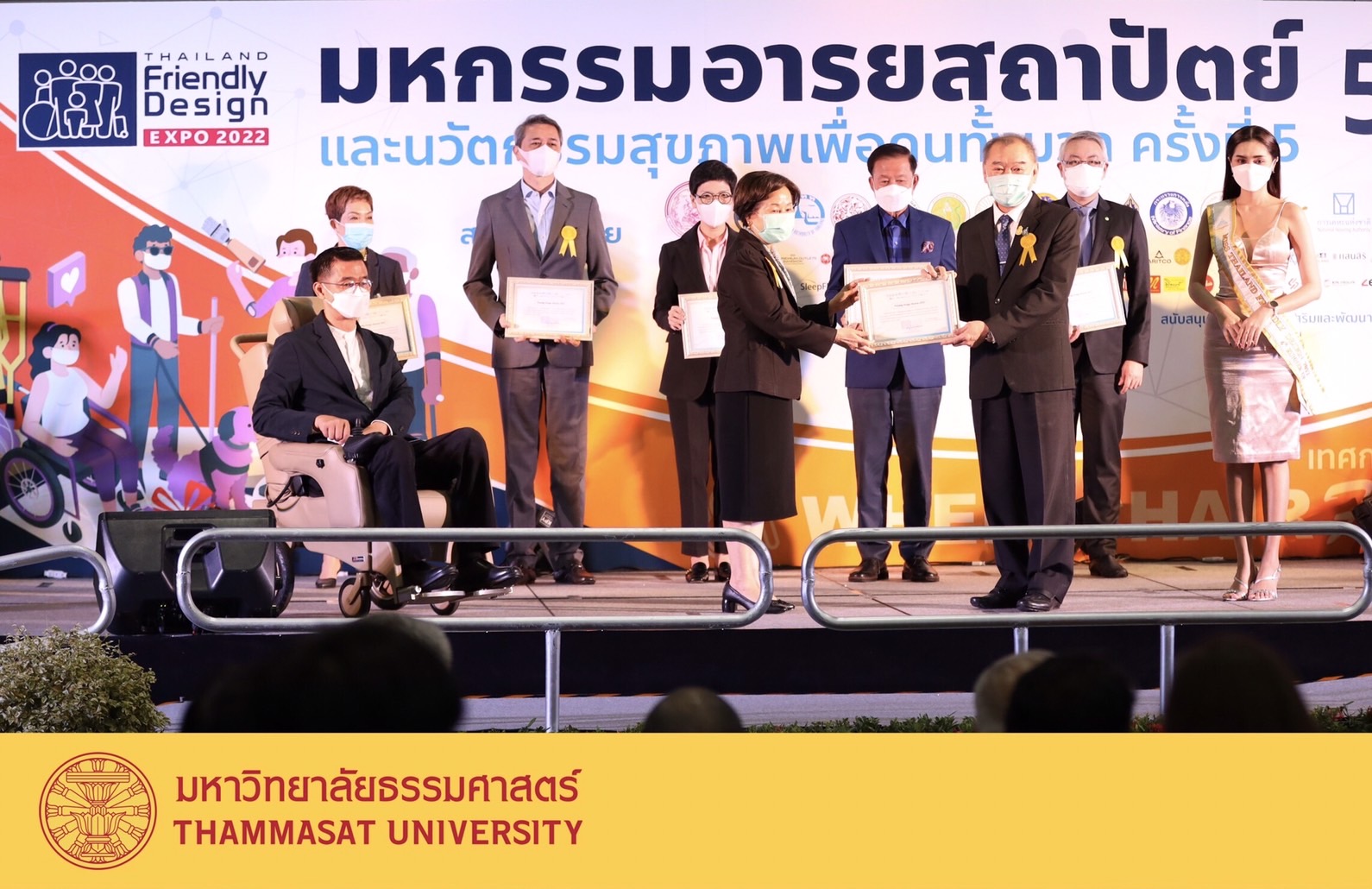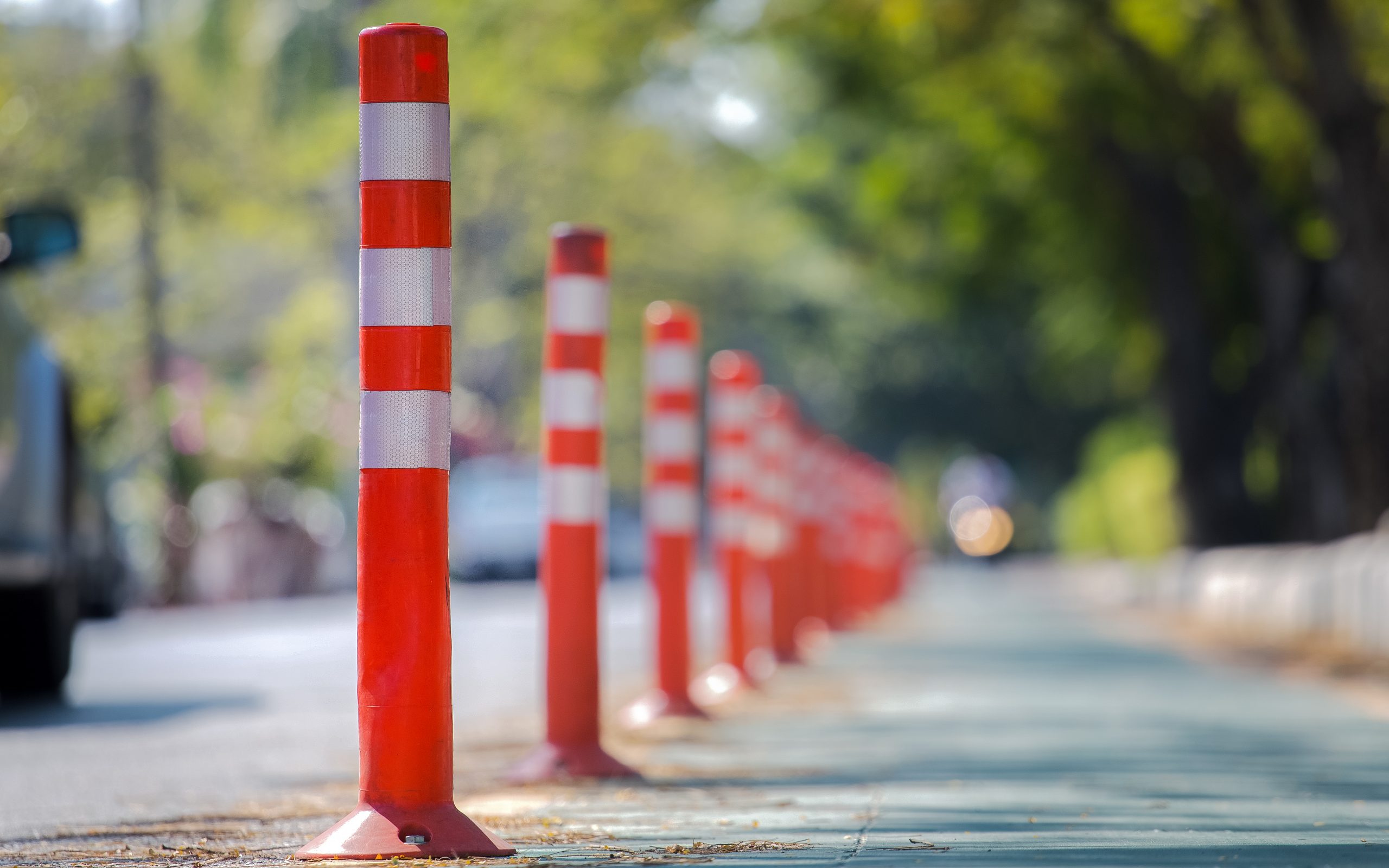Puey Ungphakorn School of Development Studies, Thammasat University, and the Community Organizations Development Institute (CODI) signed a memorandum of cooperation, with the School supporting academic and research work, while the CODI will support knowledge in community development works in all dimensions and all issues while various community organizations are more than ready to be our partners in the development of the goal to “build strong communities towards sustainable development where local communities possess a good quality of life and are self-reliant.”
Asst. Prof. Dr. Nitinant Wisaweisuan, Dean of the Puey Ungphakorn School of Development Studies, said that the school is pleased that the two organizations will closely work together in developing strong communities towards sustainable development where local communities possess a good quality of life and are self-reliant. The school is prompt to support the mission of the CODI for sustainable community development, and most importantly is to support academic services to develop the potential of organization leaders and personnel of the CODI through joint research including community and social development that will lead to social development innovation creation.
In addition, there are also various courses to promote the personnel of the CODI to pursue their study at the master’s degree level which leads to the development of personnel potential. The school also provides students the opportunity to conduct community research, then facilitate such knowledge as part of the study and be able to transfer the credits. The collaboration of the two agencies therefore will be jointly developing personnel from the youth level to local practitioners in order to foster a sustainable strong community. Apart from that, the school will coordinate with the private business sector and the government sector in designing a curriculum for developing a network of cooperation to support the work of community organizations in relevance to the school’s potential and expertise as well as supporting personnel to work together to strengthen the area. This is a crucial step for the two agencies to work together in academic services as a tool for achieving sustainable development goals.
In the event, there are also activities for students from the school to participate in and study the work process of the CODI in the development of the local communities using the concept of community organization as the core and area as the starting point, as well as the role of the community organization procession and driving the development work from the foundation which strive towards concrete development driving by using projects to improve the quality of life for low-income people in urban and rural areas as a tool and the power of the new generation through development work in the area, etc.




